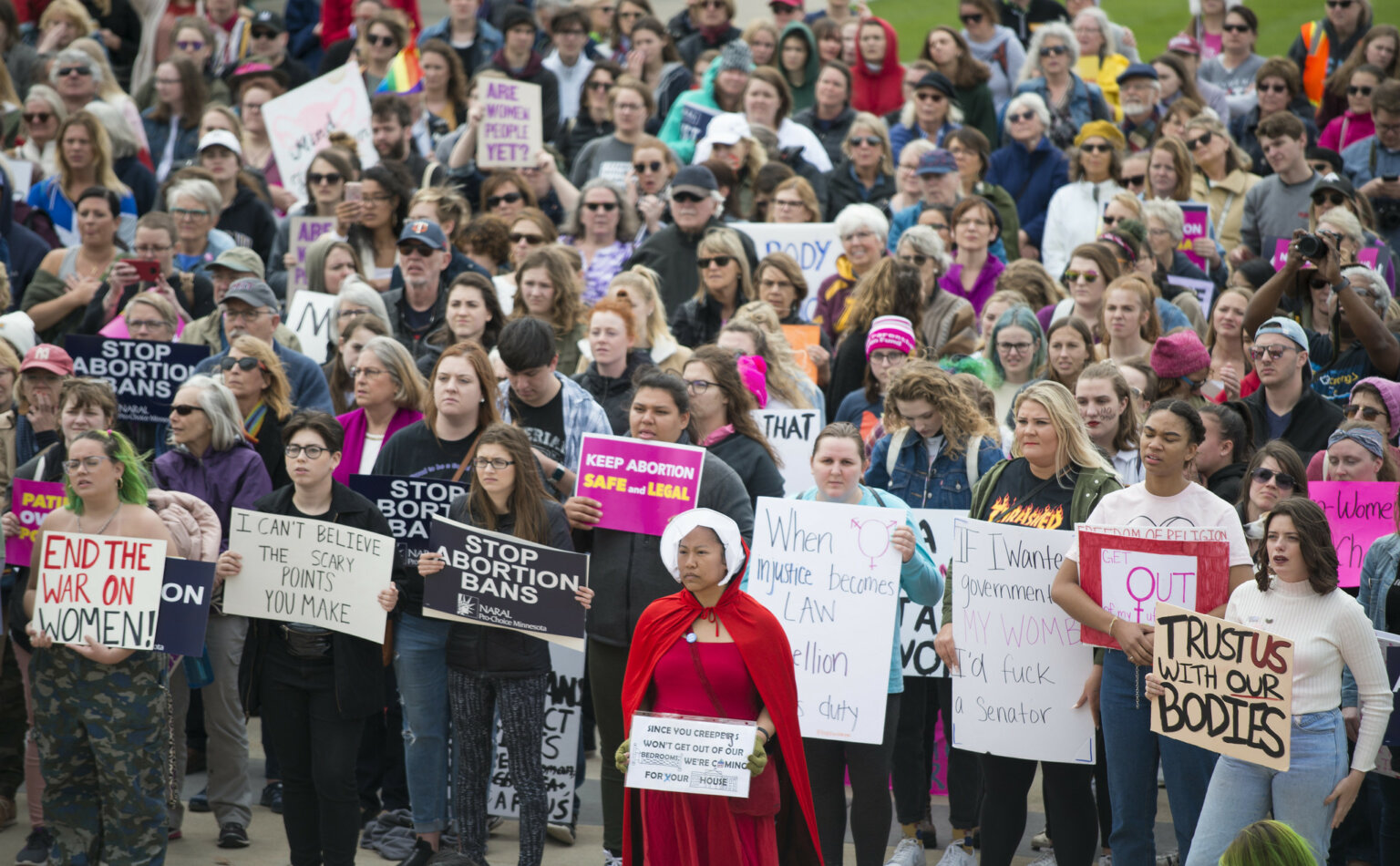- About
- Topics
- Story
- Magazine
- In-Depth
- Picks
- Opinion
- News
- Donate
- Signup for our newsletterOur Editors' Best PicksSend
Read, Debate: Engage.
| topic: | Democracy |
|---|---|
| located: | Honduras |
| editor: | Ellen Nemitz |
Xiomara Castro, the first female politician to lead Honduras, took office on 27 January. The new term is expected to change the country marked by 12 years of a corrupt administration that followed a coup against former president Manuel Zelaya, Castro's husband. However, she will now inherit the legacy of a government accused of corruption and even a drug trafficking conspiracy, and a country burdened with increased poverty, violence, impunity, inequalities and a rampant climate crisis.
According to InSight Crime's 2021 Homicide Round-Up, Honduras was Central America’s most deadly country in 2021, with a homicide rate of 38.6 per 100,000 people. As for women's rights, the situation is also concerning: Honduras has the highest femicide rate in Latin America and, as FairPlanet has already reported, one of the strictest policies in the world regarding sexual and reproductive rights. A Constitutional Reform made it virtually impossible to legalise abortion and equal marriage, as it raised the number of required votes to 75 percent of Congress. Furthermore, even the use of emergency contraceptive pills is prohibited in the country.
The Human Rights lawyer and Americas Director at Amnesty International, Erika Guevara-Rosas, wrote an article for El Faro in which she mentions "historically marginalised and oppressed communities" as the centre of Castro's upcoming human rights challenges, including the "indigenous and Garifuna Peoples, rural communities, women and girls, LGBTQ people, and human rights and environmental defenders."
However, the obstacles in her path are likely to be larger than previously thought. Since before the inauguration, the new president has been facing a crisis in the Congress House. Castro aimed to have an ally, Luis Redondo, as president of Congress, but did not achieve the minimum number of votes to be successful; instead, Jorge Cálix was chosen to lead the house. He later made himself available to a new vote in order to end the crisis and Castro, in her turn, tried to solve the quarrel by offering Cálix a role in her cabinet. The members of the Liberty and Refoundation party who did not vote for Redondo were accused of betrayal and expelled from the party - thus reducing her base of support among lawmakers.
Some analysts point out that this could weaken the new president’s possibilities of fulfilling her campaign promises. Nonetheless, Cálix used Twitter to thank Castro for the invitation - to which had not yet responded - and affirmed that dialogue would be the ideal path to find a political solution to this conflict: "The dialogue is permanent, we continue working to achieve consensus that will allow President Xiomara Castro to make the great reforms that Honduras needs," he said. Could this be a sign of a possible relief from the crisis? [Update: After this text was published, Jorge Cálix renounced and gave up the Congress House presidential role to Luis Redondo.]
The sooner Honduras overcomes this political turmoil, the better for its population. Xiomara Castro has a tough upcoming journey to tackle long-lasting problems in the country, and cannot lose the chance of improving the population's lives. Or, reverberating Guevara-Rosas' words: "We hope that Xiomara Castro's government takes this historic opportunity to build the fair and equitable country that the Honduran people long for." A better future for Honduras is possible.
Photo by Hayden Dunsel

